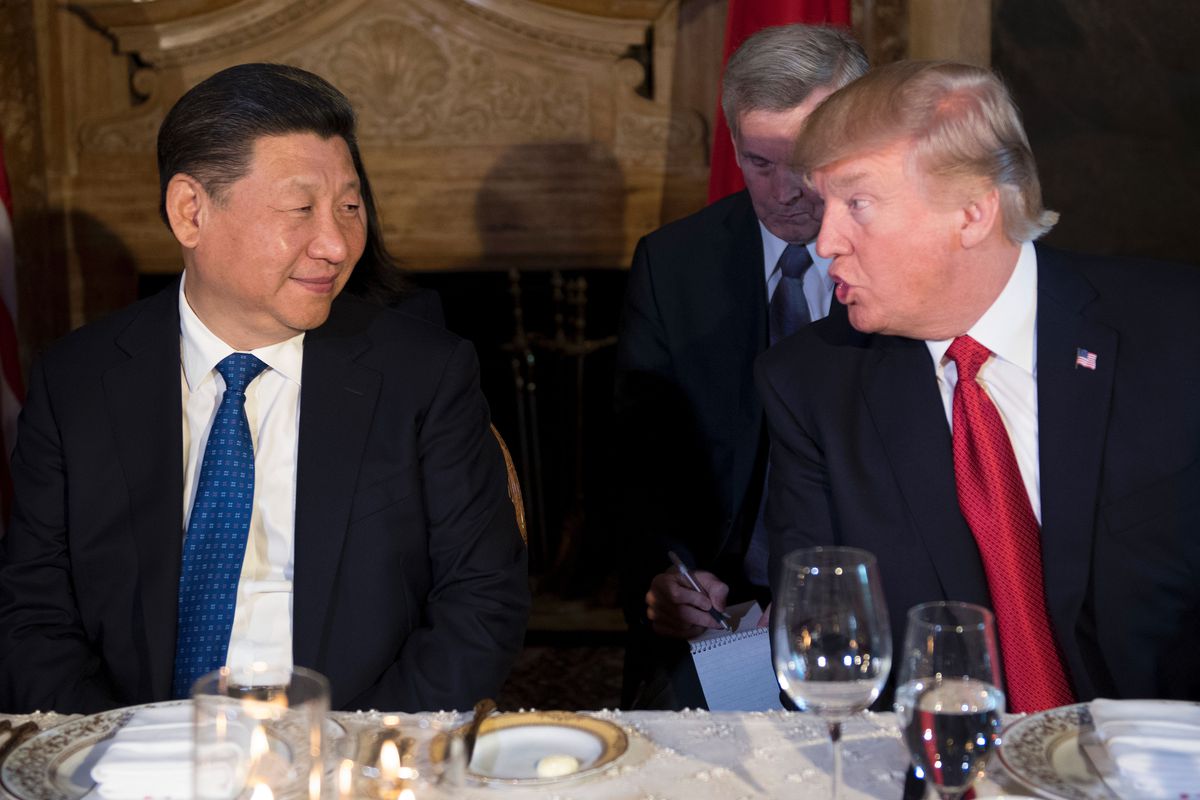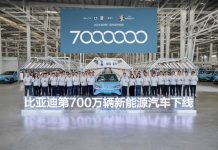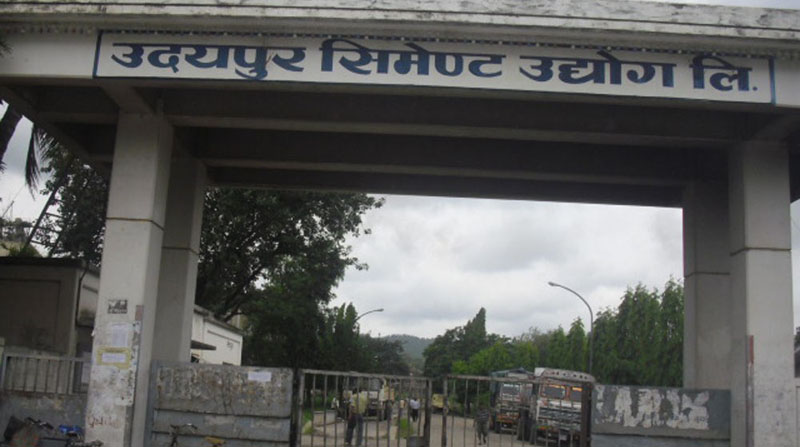WASHINGTON, May 10 . President Donald Trump urged patience in trade talks with China on Friday, saying there is “no need to rush”, after the US enacted a steep hike in tariffs on Chinese products and Beijing vowed to hit back.
Locked in a trade dispute for more than a year, officials from the world’s two biggest economies returned to the bargaining table late Thursday, led by Chinese Vice Premier Liu He, US Trade Representative Robert Lighthizer and US Treasury Secretary Steven Mnuchin.
“Talks with China continue in a very congenial manner – there is absolutely no need to rush – as Tariffs are NOW being paid to the United States by China,” Trump tweeted on Friday morning.
The US increased punitive duties on $200 billion in imports from 10 to 25 percent just hours earlier, with the Chinese commerce ministry saying it “deeply regrets” the move and repeating its pledge to take “necessary countermeasures.”
The US president also said that tariffs were in some ways preferable to reaching a trade deal at all.
“Tariffs will bring in FAR MORE wealth to our country than even a phenomenal deal of the traditional kind,” Trump wrote, also outlining a plan in which Washington would use money from tariffs to buy US agricultural products and give them to poor countries.
Since last year, the two sides have exchanged tariffs on more than $360 billion in two-way trade, gutting US agricultural exports to China and weighing on both countries’ manufacturing sectors.
Trump began the standoff because of complaints about unfair Chinese trade practices.
The US team met with Trump late Thursday night to brief him and “agreed to continue discussions” on Friday, the White House said in a statement.
Lighthizer and Mnuchin met the Chinese delegation for about 90 minutes Thursday evening and they had a working dinner with Liu.
Despite optimism from officials in recent weeks that the talks were moving towards a deal, tensions reignited this week after Trump angrily accused China of trying to backpedal on its commitments.
– ‘Can’t do that’ –
“They took many, many parts of that deal and they renegotiated. You can’t do that,” Trump said on Thursday.
Michael Taylor, a managing director for Moody’s Investors Service, said the tariff hike “further raises tensions” between the two countries.
“While we believe that a trade deal will eventually be reached between the US and China, the risk of a complete breakdown in trade talks has certainly increased,” Taylor said.
The renewed tensions roiled global stock markets this week and unnerved exporters, though Chinese shares led gains across most Asian and European markets on Friday.
Liu said on his arrival in Washington that the prospects for the talks were “promising,” but warned that raising tariffs would be “harmful to both sides,” and called instead for cooperation.
“I hope to engage in rational and candid exchanges with the US side,” he told Chinese state media.
“Of course, China believes raising tariffs in the current situation is not a solution to the problem, but harmful to China, to the United States and to the whole world.”
The higher duty rates will hit a vast array of Chinese-made electrical equipment, machinery, auto parts and furniture.
But due to a quirk in the implementation of the higher tariffs, products already on ships headed for US ports before midnight will only pay the 10 percent rate, US Customs and Border Protection explained.
That could effectively provide a grace period for the sides to avert serious escalation.
“While we are disappointed that the stakes have been raised, we nevertheless support the ongoing effort by both sides to reach agreement on a strong, enforceable deal that resolves the fundamental, structural issues our members have long faced in China,” said business lobby the American Chamber of Commerce in China.
The US is pressing China to change its policies on protections for intellectual property, massive subsidies for state-owned firms, and reduce the yawning trade deficit.
Derek Scissors, a China expert at the American Enterprise Institute, said the two sides had clashed over how much of the final trade agreement should be enshrined in a public document, something Beijing has long resisted.
“What the Chinese step-back primarily says is they don’t want to publicly acknowledge that their existing laws, especially on IP, are flawed,” he told AFP.
Washington is counting on the strong US economy to be able to withstand the impact of higher costs from the import duties and retaliation better than China, which has seen its growth slow.
A Chinese central bank advisor told state-run Financial News that Trump’s tariff hike and Chinese retaliation would lower economic growth by 0.3 percentage points.
It is “within a controllable range”, the advisor Ma Jun said.

















